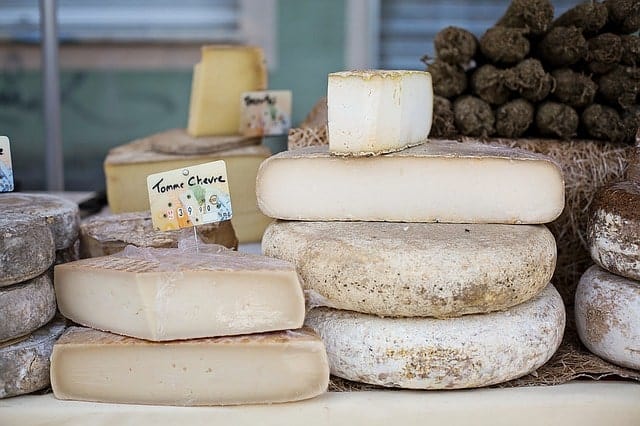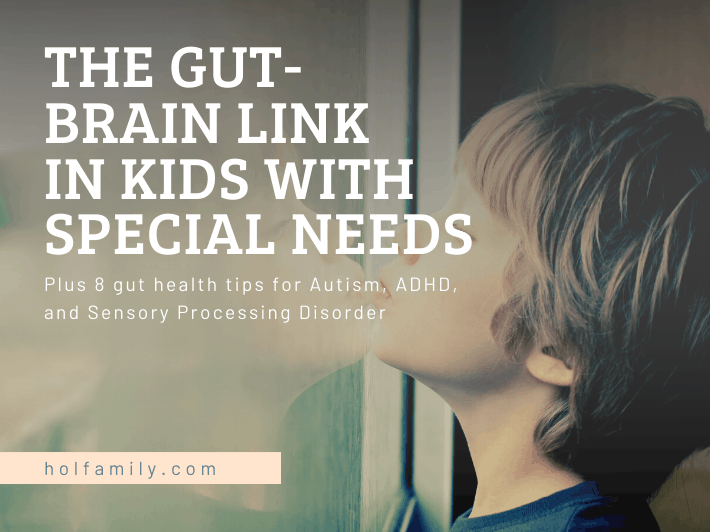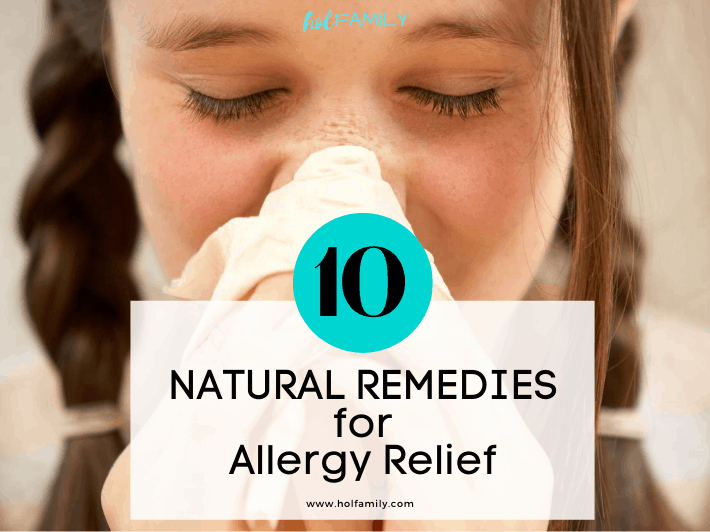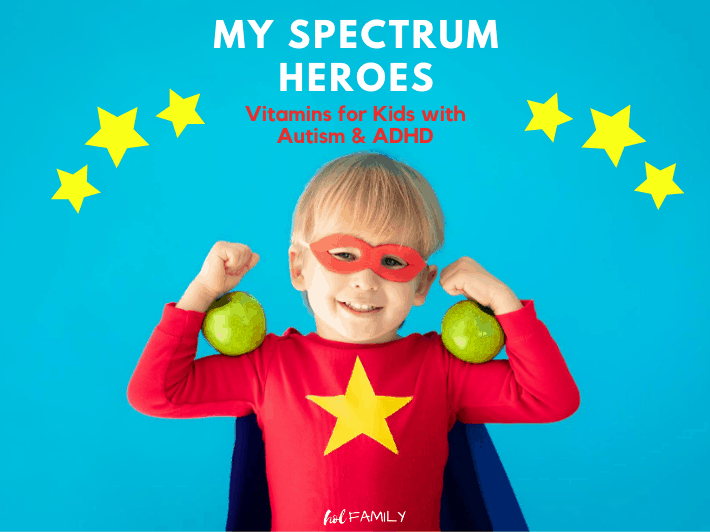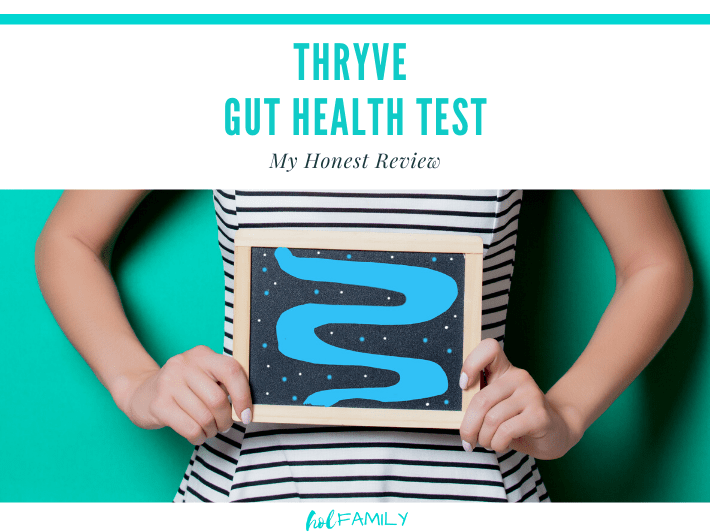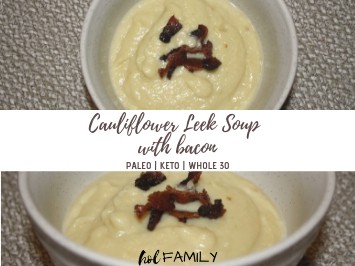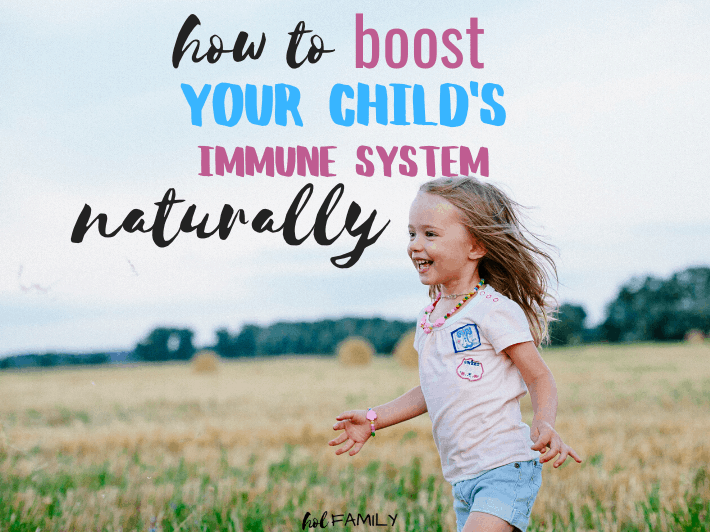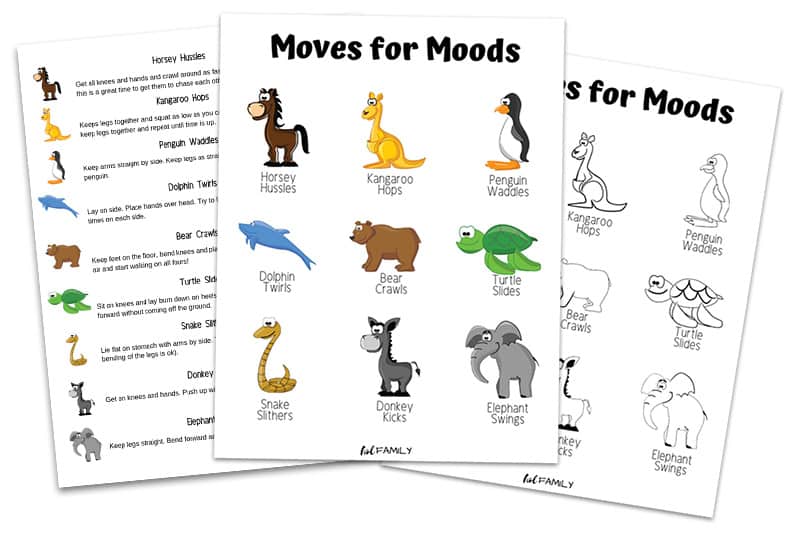A couple of years ago, our family decided to try the GAPS diet to solve some gut issues that we were experiencing. This diet is very similar to what is recommended by Weston A. Price and meant consuming lots of bone broth, grass fed meats, free range poultry, organic produce, fermented foods, and raw dairy.
As former vegans, this diet was extremely intimidating. We decided to buy a food share at a local farm, entitling us to all of the organic produce, meat, bones, and even raw milk that we needed for our diet. Our kids have not been raised on dairy and we are typically a dairy free family, so we chose not to drink the milk we were getting. Instead, we used it to make grass fed butter and ghee, homemade yogurt, and homemade kefir!
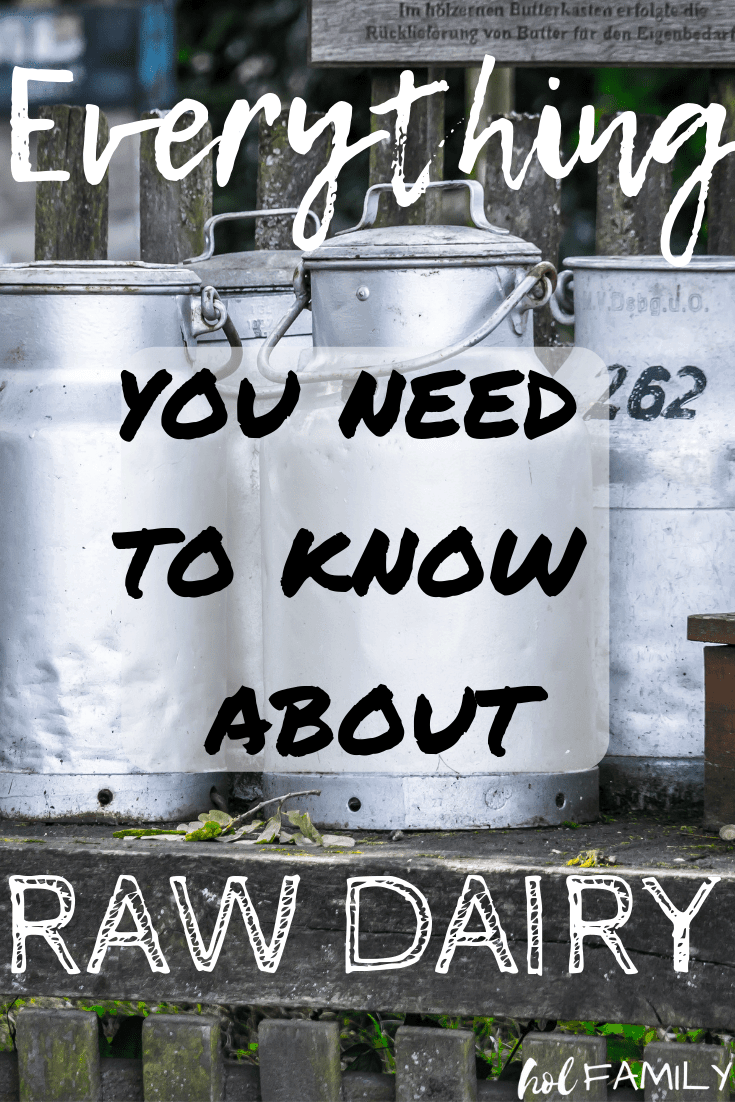
The Truth About Raw Dairy
When most people think about raw milk, they picture dirty buckets of lumpy milk or babies dying of salmonella or e-coli. While some major health authorities like the CDC, Health Canada and the FDA have certainly tried to paint the picture that raw milk is dangerous and isn’t safe for us to drink, in reality, nothing could be further from the truth!
Raw milk is bursting with life! Some people even consider raw milk to be a superfood! It contains live enzymes, vitamins such as A and D (which are necessary for calcium absorption), Vitamins C, B1 and B6, live bacteria (think probiotics), protein, carbohydrates, and healthy fats.
Is Pasteurized Dairy Healthier?
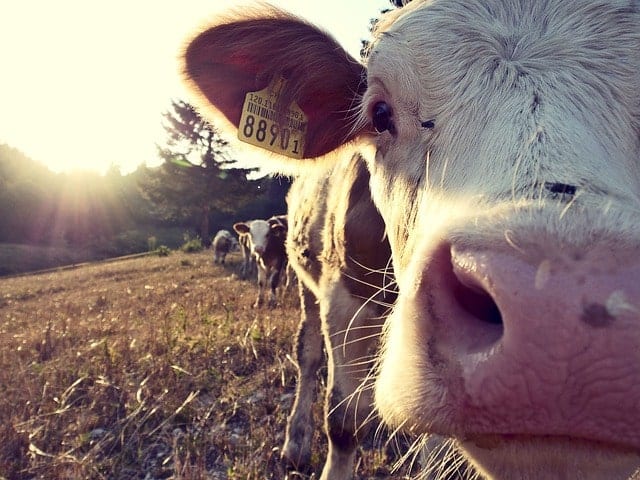
Raw dairy from organic, grass-fed cows is full of nutrients and live enzymes. It’s also high in healthy fats that can actually help with the absorption of fat-soluble vitamins like Vitamins A and D, as well as curb the insulin spike that low fat milk can produce, and even has a higher amount of bio-available calcium.
On the contrary, pasteurized dairy significantly reduces the vitamin content, denatures the fragile milk proteins, destroys Vitamins C, B12 and B6, kills all of the beneficial bacteria (due to the high heating temperatures), and actually promotes pathogens (harmful bacteria).
A review of some of the research on pasteurized milk actually shows that consumption is associated with an increase in allergies, tooth decay, colic in infants, problems with growth in children, arthritis, heart disease, osteoporosis, and even certain types of cancer.
Will Raw Dairy Make Me Sick?
But what about all of those outbreaks from raw milk that we hear about in the news? Well, according to the 2008 review by the Center for Science in the Public Interest (CSPI), the leading offenders in foodborne illness were actually seafood, produce and poultry. Produce had the highest reported illnesses each year at (2,062), followed by poultry (1,112).
What about dairy? Of all the major food categories – beef, eggs, poultry, produce and seafood, dairy caused the fewest number of illnesses! This same report estimated that over 5,000 people die each year due to foodborne illness with the most deaths being attributed to peanuts, eggs and cantaloupe! In fact, over the last ten years, there have been only a small number of deaths from pasteurized dairy products and zero reported deaths from raw dairy!
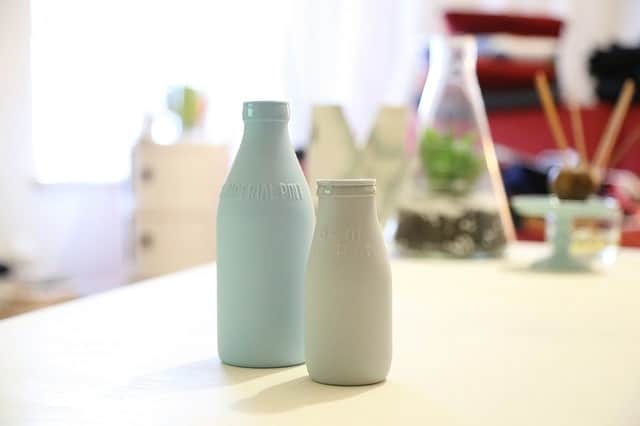
CDC reports from 1990 – 2006 estimated that there were an average of 24,000 foodborne illnesses reported. However, only about 1.3% of those illnesses (315 to be exact) were even related to dairy products. With over three-quarters of the population consuming dairy products on a regular basis, that’s hardly an alarming number considering that outbreaks and illnesses involving dairy tend to be mild compared to other foods!
Unfortunately, thousands of people are killed each year as a result of foodborne illness, but they are dying from eating things like raw spinach, cantaloupe, and eggs– not from drinking raw milk. So, perhaps we can take a note from the 10 million people who are consuming unpasteurized milk and aren’t dying! In fact, the exact opposite is true!
Benefits of Raw Dairy
Many of the populations consuming raw dairy are more healthy and robust, experiencing stronger immune systems, fewer allergies, and in some cases even longer life expectancies! There have been many studies done on consuming raw milk and some of the amazing results show that raw dairy may have a natural immunizing effect thanks to naturally occurring immunoglobulins (antibiodies).
Other surprising benefits of consuming raw dairy include an improvement in skin conditions like acne, eczema and psoriasis! The cool part about raw dairy for skin health is that you can benefit two ways – by consuming raw dairy and by applying it to the skin (or using it in DIY skin recipes for things like soap and lotions).
Raw dairy really is a superfood! It’s unique nutritional profile means that it can help to alleviate many nutritional deficiencies, aid in the development of strong bones, teeth and hair, help to build lean muscle mass, and may even play a role in weight loss!
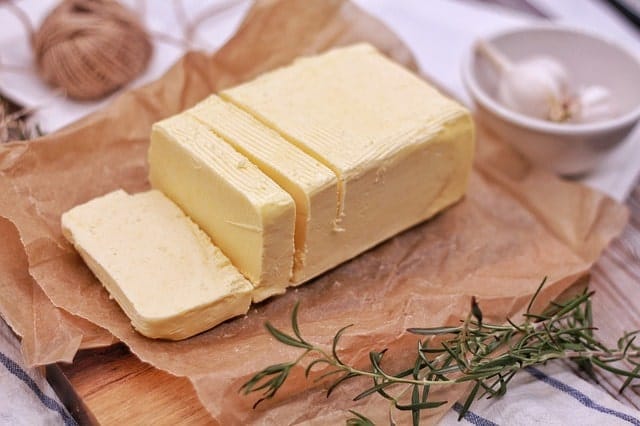
Where to Buy Raw Dairy
Unfortunately, raw dairy is not easy to find. In some places, it is even banned for sale and the only people who are able to have access are farmers! Some farms can get around this by providing “cow shares” where you are literally buying a share of the cow (making you a legal owner), therefore allowing you to drink the milk as a certified cow owner.
Raw cheese (especially from goats and sheep) may be easier to find, especially at major health grocers like Whole Foods and Trader Joes. Some other places to try are your local farmer’s markets, natural food stores, or even online! Weston A. Price has a “Real Milk Campaign” website complete with a Real Milk Finder which you can check out here to see what is available in your area.
Precautions to Keep in Mind
Raw dairy may not be for everyone. In children under one year of age, breast milk (or formula) is still the safest and healthiest choice. Young children, pregnant Mamas, the elderly, and those with weakened immune systems should always be more careful since they are at a higher risk for all food-borne illnesses.
Many people also have allergies or food sensitivities to either the sugars or the proteins found in dairy (although the live enzymes found in raw dairy may help to alleviate these). In some cases, consuming raw dairy in the form of fermented products like yogurt or kefir (or even grass fed butter or ghee) may help to increase the digestibility of these foods, others simply have to avoid dairy all-together.
I would recommend experimenting with different types of raw dairy like yogurt, kefir or raw cheeses (or perhaps opting for raw dairy from a sheep or goat instead).
The Bottom Line
Like so many other health foods that used to be part of our diet, raw milk is not the villain that we have been led to believe! This nutrient dense food is full of beneficial minerals and vitamins, fats and proteins, and of course probiotics (raw kefir is one of the highest probiotic foods on the planet)!
For some ideas on how to incorporate raw dairy into your diet, check out this Raw Dairy Recipe Roundup!
